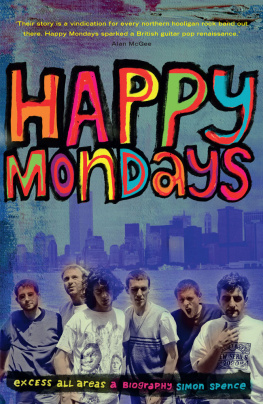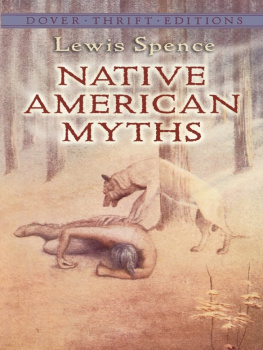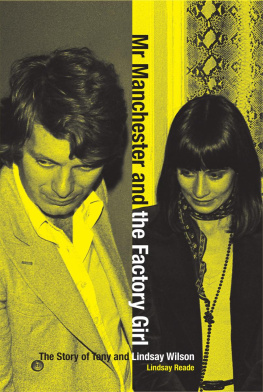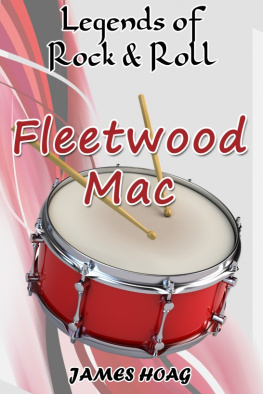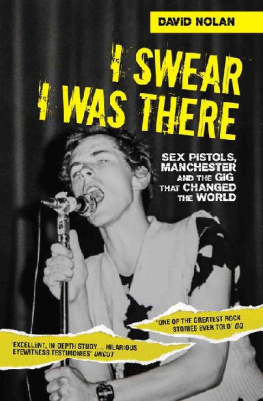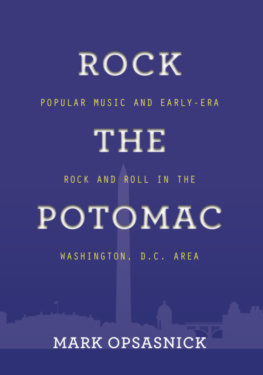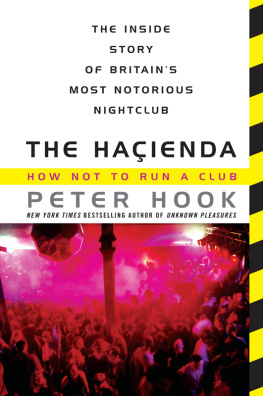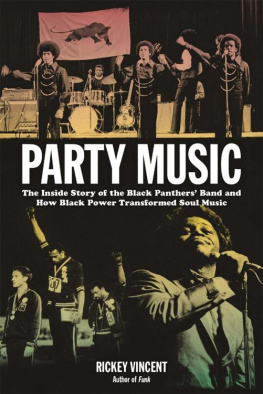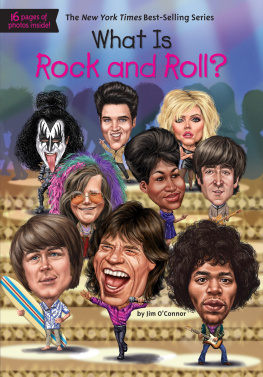
Also by Simon Spence
Still Breathing: The True Adventures of the Donnelly Brothers (with Anthony and Christopher Donnelly)
The Stone Roses: War and Peace
Just Cant Get Enough: The Making of Depeche Mode
Immediate Records
Mr Big: Don Arden, The Godfather of Rock (Interviews and Research)
2Stoned: Andrew Loog Oldham (Interviews and Research)
Stoned: Andrew Loog Oldham (Interviews and Research)

Excess All Areas
A Biography
By Simon Spence

First published in Great Britain
2014 by Aurum Press Ltd
7477 White Lion Street
Islington
London N1 9PF
www.aurumpress.co.uk
Copyright Simon Spence 2014
Simon Spence has asserted his moral right to be identified as the Author of this Work in accordance with the Copyright Designs and Patents Act 1988.
All rights reserved. No part of this book may be reproduced or utilised in any form or by any means, electronic or mechanical, including photocopying, recording or by any information storage and retrieval system, without permission in writing from Aurum Press Ltd.
Every effort has been made to trace the copyright holders of material quoted in this book. If application is made in writing to the publisher, any omissions will be included in future editions.
A catalogue record for this book is
available from the British Library.
ISBN 978 1 78131 264 3
eBook ISBN 978-1-78131-323-7
1 3 5 7 9 10 8 6 4 2
2014 2016 2018 2017 2015
eBook conversion by CPI Group
Dedicated to:
Anthony H. Wilson
Cultural Catalyst
1950 2007
Contents
Only those who will risk going too far can possibly find out how far one can go.
T.S. Eliot
Show me a boy who never wanted to be a rock star and Ill show you a liar.
Stardust
I t was June 1990 and Happy Mondays third NME front cover in just under six months. The first, in December 1989, had trumpeted the arrival of Madchester (replete with its own brightly coloured cartoon logo) following the Mondays and The Stone Roses joint and joyously counter-cultural appearance on Top of the Pops during which a smirking Shaun Ryder, dressed all in black, had mimed smoking heroin. That moment had seen the two bands home-town of Manchester (though all six Happy Mondays had been raised in the neighbouring city of Salford) become the UKs music capital and precipitated what the NME called a rock revolution.
In fact it was bigger than that. Tony Wilson, the infamous boss of the Mondays unruly record label, the celebrated Factory Records, said the band was spearheading a cultural revolution and he was right. In March 1990, Shaun appeared on the cover of the NME for a second time, wrapped around a giant letter E, an unmissable reference to the dance drug Ecstasy. It was an image from a video shoot in Sitges, Spain, for the bands immeasurably catchy, supremely of the moment and, we know now, timeless single, Step On: the Mondays first top five UK hit and the song that broke them worldwide.
All movements in rock have been middle class until now, Wilson said. This thing happening in Manchester is the only one created by the working class. Alongside the citys musical contributions, hometown-boy-done-good Wilson was keenly aware and proud of Manchesters rich heritage of working-class, left-leaning political protest and the economic, scientific and cultural innovations that had impacted the world from the industrial revolution to feminism, trade unionism to the invention of the computer and more. He saw Madchester and the Mondays as part of that grand tradition; an untutored, street-smart savvy and anti-establishment movement combined with a profound and inventive musical revolution.
There was no pretending, no posing, no marketing-driven, careerist showbiz fakery and false sentiment with the Mondays. Although Wilson idealised the bands humdrum roots in suburban Swinton, calling them scum, car thieves, robbers and drug dealers, the truth was enough: they were blue jeans and blue collar. They had something of the Saturday Night Fever vibe it was innate and they were self-made and the scene was all about dancing, drugs and having a good time. Unlike the studied Stone Roses, everything to do with the Mondays seemed spontaneous and shot through with a genuine sense of enjoyment, to happen in the moment, the now often it appeared by pure luck. Of course, this was not exactly true, because at the heart of the Mondays was a deep and dark artistic bent and a serious work ethic.
The Roses played their epochal Spike Island show in May 1990. Indie guitar bands that had copied the Mondays rhythms such as The Charlatans, Jesus Jones, EMF, James, Primal Scream, The Farm, Inspiral Carpets and Flowered Up all flourished. None could hold a torch to the Mondays, who had already recorded two of the greatest British albums of the 1980s. The Madchester scene had formed around them but they wanted little to do with it and, like the Roses, shot the scene down in interviews. The Mondays were, above all, distinct, highly original, in the way of Roxy Music or The Velvet Underground, and there was a danger of that being forgotten.
Wilson enjoyed comparing them to the Sex Pistols and was seen as their Svengali, their Malcolm McLaren. He spoke expansively of Madchester as the worlds leading youth culture and it threatened to drown out the deftness and many shades in the music of the Mondays. The term did adroitly sum up an atmosphere in a city where the smell of weed being smoked wafted around every corner and flares came dramatically back into fashion. But Wilsons movement had essentially piggy-backed on, and packaged for guitar fans, the generational, cultural and musical revolution of Acid House, a burgeoning country-wide scene that combined illegal raves, the drug Ecstasy and stripped-back electronic beats originating from Detroit and Chicago. Acid was pure hedonism, but contemplated as part of a wider revolt against the ten years of Margaret Thatcher and Conservative rule that had climaxed with the recent Poll Tax riots in Trafalgar Square in London. The government had introduced draconian new laws to extinguish the liberated, lawless, all-night, outdoor Acid House parties that could attract upwards of 20,000 ravers and the police used undercover intelligence and brutal shows of strength to stamp them out.
Madchester was Acid House with guitars, bands not DJs, a distinct northern accent and a new wardrobe of T-shirts, flares, fringes and floppy hats. It was raving indoors at gigs legally or at The Hacienda, the ultimate Madchester club, co-owned by Factory Records and transformed by the Acid House scene. Happy Mondays had been regulars since it opened in 1982 and were at the very heart of the transformation, one that had now made it the most famous club in the world the Madchester musical narrative was that by mixing Acid House music with guitar rock, the Mondays were creating a new dance/rock hybrid. The Berlin wall between dance and rock has come crashing down, Wilson said. The real Berlin wall had fallen just months earlier and it was typical of the Cambridge-educated Wilson to try and frame historic world events or monumental works of art (Yeats, Shakespeare, Proust) in relation to the band he loved the most. Again, the truth was more complex. The Mondays had spent the past eight years immersed in the sounds of American dance music: electro, hip-hop, Motown, funk and disco.

